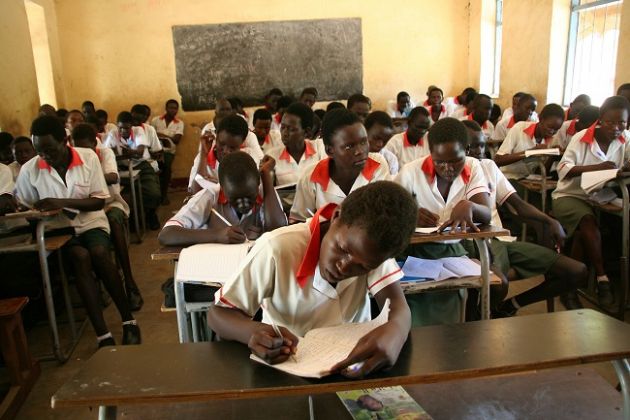Critics ignore when foreign aid works: Anglican head

While economic growth is undeniably key to removing nations from poverty and corruption exists, critics of international aid often ignore situations where funding "truly works," the head of the Anglican Communion says.
The comments by the Rev. Justin Welby, the Archbishop of Canterbury, come after religious leaders recently urged G8 nations in a public letter to meet their targets on foreign aid.
He defended the principle of foreign aid in a blog post on Friday by acknowledging that national governments need to be more transparent, noting "no one can deny the existence of corruption and the fact that money has been wasted as a result."
"But so often the critics ignore the many instances where aid truly works – especially in vulnerable conflict and post-conflict situations," he said.
"When money is put in the hands of faith-based and civil society networks, it can be utterly transformative," he said.
He noted that 3.4 million pounds of UK Aid funds have been given for programs in Sudan "to train thousands of teachers" to ensure that children continued to receive some kind of education.
"With less than one per cent of girls in South Sudan completing secondary education, it's hard to overstate the importance of this work," he said.
He said the principle of providing aid should not be an issue, but the way it is delivered "may indeed be an issue."
"That's why ultimately these criticisms fail to satisfy me – either on an ethical level, or on a practical, value-for-money level. They ignore the transformative impact that aid can and does have in fragile countries struggling to meet basic human needs – an impact which can transform local communities and help all of us in the long run.